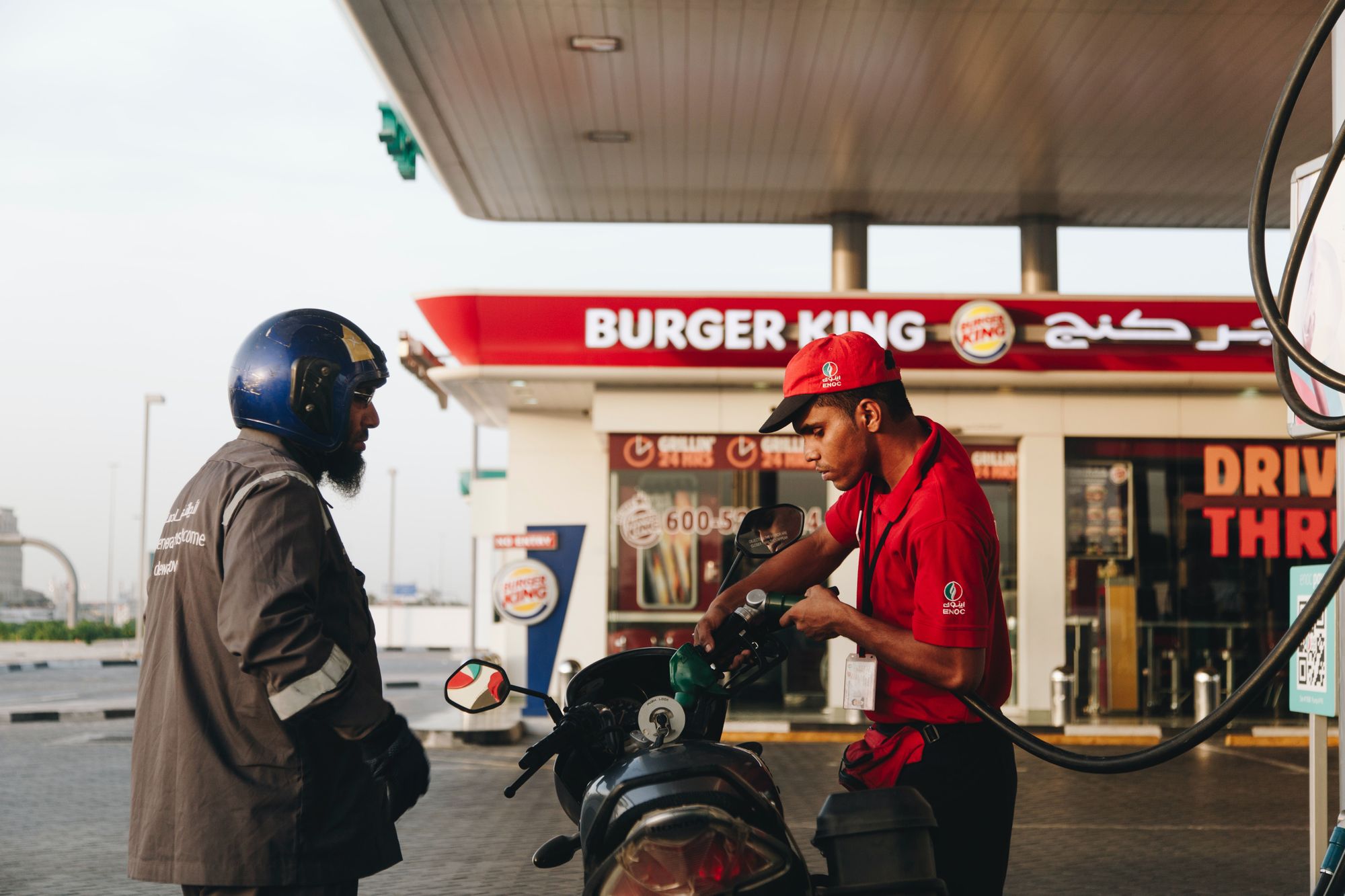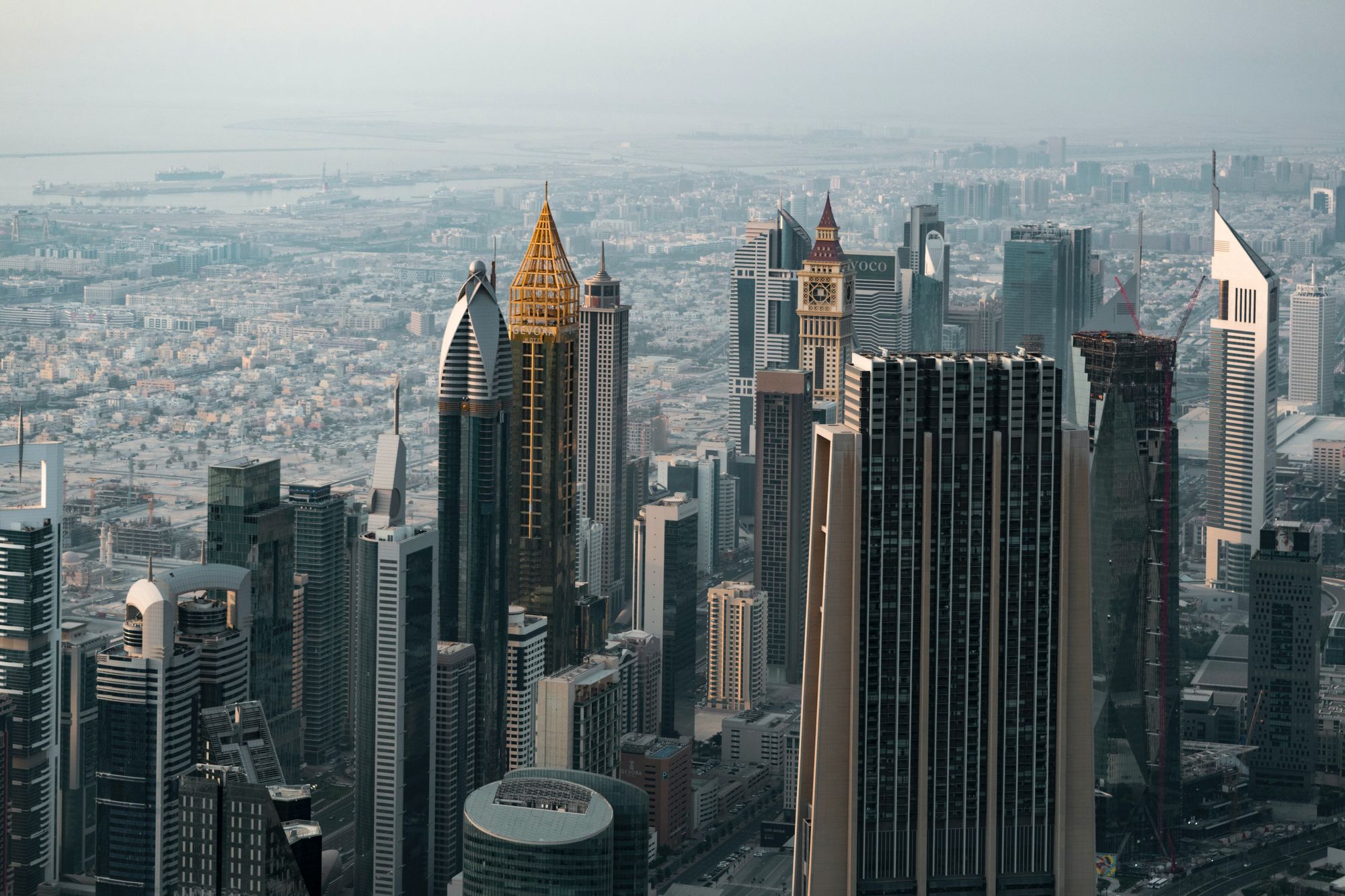Financial institutions like the European Bank for Reconstruction and Development (EBRD) are integral to introducing policies to accelerate decarbonization and sustainable development while providing inclusive opportunities and focusing on digital transformation globally. They play a crucial role in promoting multilateral and bilateral cooperation between governments as well as major corporates and local players. The EBRD works closely with global partners and donors like the Climate Investment Funds, European Union, Global Environment Facility, and the Green Climate Fund.
EBRD's Contribution During the Pandemic
Stage 1: The first stages involved securing funding for immediate interests such as wages and loan repayments and making enough investments to strengthen the health infrastructure urgently. The EBRD provided a 'coronavirus solidarity package' which included:
- A resilience framework for short-term financial interests.
- A fast-track restructuring framework that reaches out to SMEs and corporates.
- A vital infrastructure support program.
Stage 2: The duration and long-lasting nature of the pandemic has now pushed public-private entities as well as lending intuitions like the EBRD to integrate recovery and development with sustainability.
In the MENA region, governments have especially taken critical decisions that lead to a more environmentally responsible future.
There has been a collective conscious choice made by leaders in the region, which recognizes that to be economically resilient, sustainability cannot be traded-off.
The Crisis as an Opportunity?
The lockdown and closing off of international borders have provided an excellent opportunity for local talent and brands to flourish and strengthen. Instead of hiring and importing experts from neighboring nations for assessment and research work, local engineering companies can expand their scope and build expertise.
What Comes Next?
Institutions such as the EBRD are committed to helping and providing partners with incentives to make long-term decisions that positively impact the economy and the environment. According to a new structural framework, 'Green Economy Transition 2.1,' the bank intends to increase its green financing to more than 50% of its annual business by 2025.
- Participate in solar and wind projects in Jordan and Egypt, which have actively reduced energy costs.
- Increase focus on analyzing and rehabilitating landfills, constructing municipal solid waste plants using mechanical biological treatment, and adopting better waste management practices and recycling.
- Launch more projects like constructing the additional cell at the Al-Ghabawi landfill and creating the landfill gas recovery system in Amman, which generates electricity from waste.
- Continue to run campaigns in Jordan and Syria to raise awareness among students about solid waste management to build an 'environmentally conscious youth.'
- The next phase also includes increasing its capacity of renewables in terms of storage by investing in infrastructure like photovoltaic cells, batteries, capacitors, thermal, and chemical storage systems.
EBRD has already financed over 2000 green projects and financed over 2.2 GW of renewable power capacity and plans to increase that amount significantly from 2020 onwards. It has provided more than $168 million in loans to the Greater Amman Municipality (GAM) to improve and accelerate its sustainable development framework.
Cities as the Focus
Cities are the largest collaborators with the highest energy consumption and provide an extensive canvas in terms of green investment opportunities:
- Cities of the middle east possess an abundance of natural resources such as wind and sun, making renewables a potentially profitable investment.
- Cities are at a junction where work can be done to make them more renewable resource-efficient and mitigate climate change without compromising economic gains.
Inclusive Development Is a Possibility
In regions like the MENA, the labor force is distinctly disadvantaged because of the lack of female participation. The Government of Egypt and the World Economic Forum established the 'Closing the Gender Gap Accelerator in Egypt' in 2019, the first in the MENA region, to boost women employment, reduce wage gaps, and make sure more women reach positions of economic leadership. Since 2015, when EBRD launched its 'Women in Business' program, it has invested financial resources and technological know-how in more than 60,000 women who lead or own small to medium-sized businesses.







